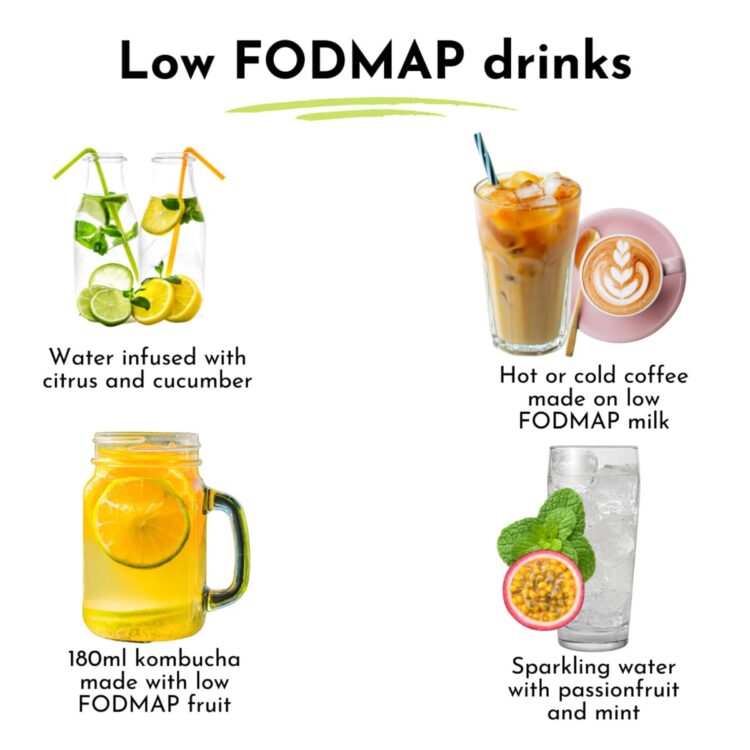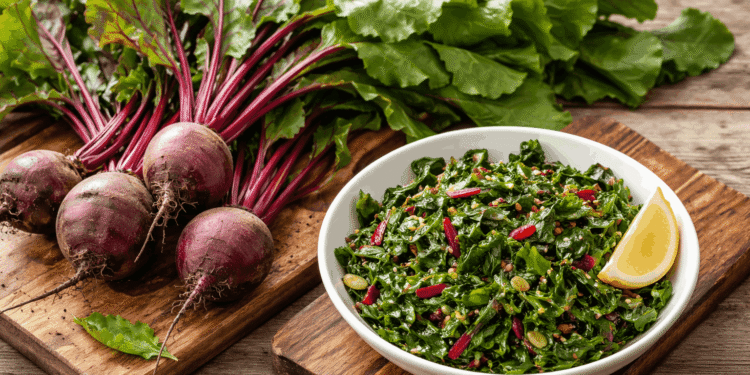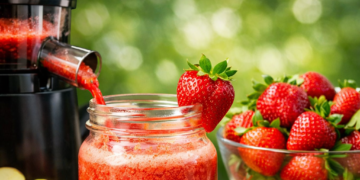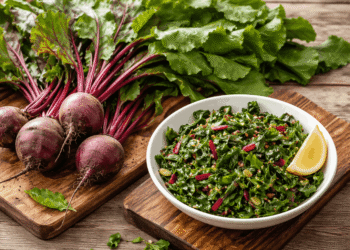When following a low-FODMAP diet, choosing drinks can sometimes be difficult. Many popular beverages, such as soda, fruit juice, and some plant-based drinks, are high in carbohydrates, which can trigger digestive discomfort. However, by choosing wisely, you can still enjoy gut-friendly and refreshing beverages.
In this article, we’ll provide guidance on choosing healthier low-FODMAP drinks, backed by expert insights and trusted references.
Understanding the Low FODMAP Diet
Before we explain which drinks are low in FODMAP, let’s first understand the low FODMAP diet. This diet is designed to reduce fermentable oligosaccharides, disaccharides, monosaccharides, and polyols. These short-chain carbohydrates are difficult for the small intestine to digest, often causing symptoms like bloating, abdominal pain, and excessive gas, especially in people with IBS (Irritable Bowel Syndrome).
Monash University pioneered research on FODMAPs, and they continue to update the list of foods that are low in FODMAPs according to laboratory trials. Choosing drinks that are low FODMAP-certified can help reduce digestive problems and disorders.
Healthier Low-FODMAP Drink Choices
1. Water, this is the best drink for digestion

Water is inexpensive but remains the healthiest choice among other water options. Despite its simplicity, water is always a favorite. You can add healthy, low-FODMAP fruits to it. For example, adding strawberries, oranges, or cucumber slices can provide additional nutritional value for your health.
2. Herbal Tea (Caffeine-Free)
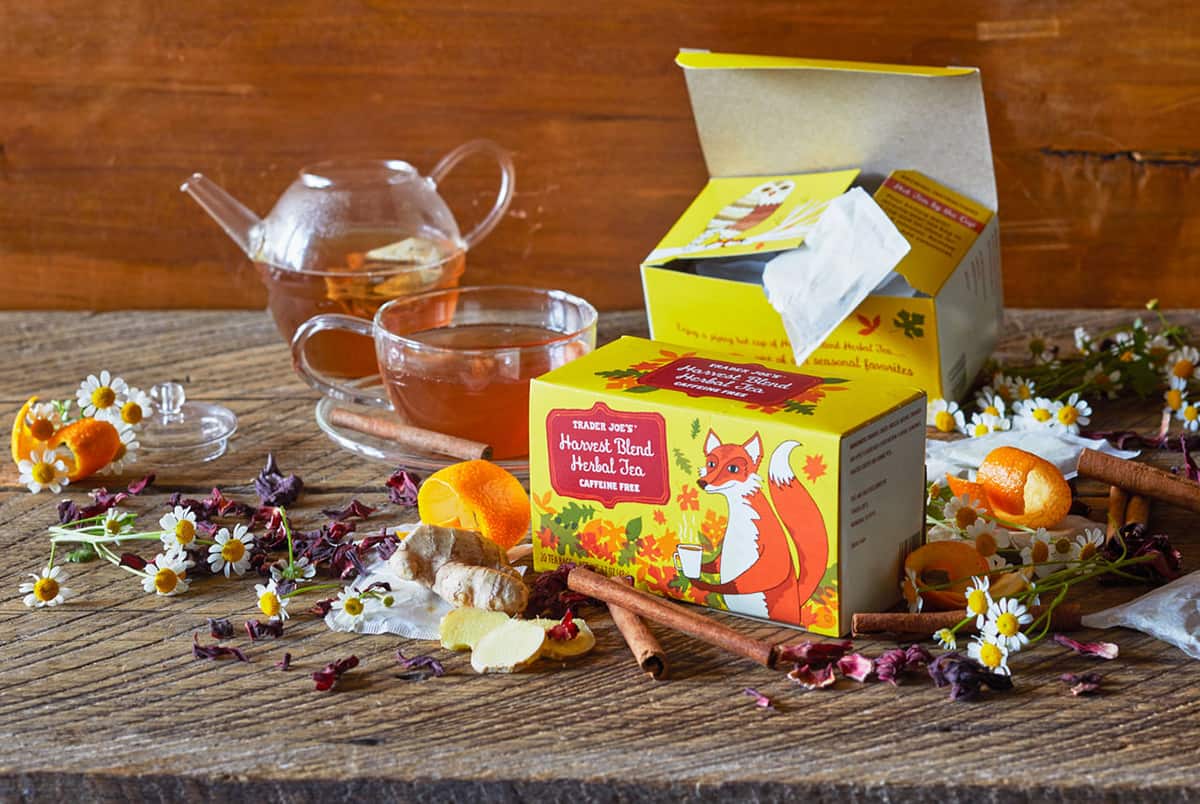
Herbal tea is another low-FODMAP drink. Not all teas are created equal. Ginger tea, peppermint tea, and chamomile are some types of tea that are smart choices because they are low in FODMAPs. These herbal teas can soothe digestion and relieve IBS. [healthmatch.io]
3. Green Tea
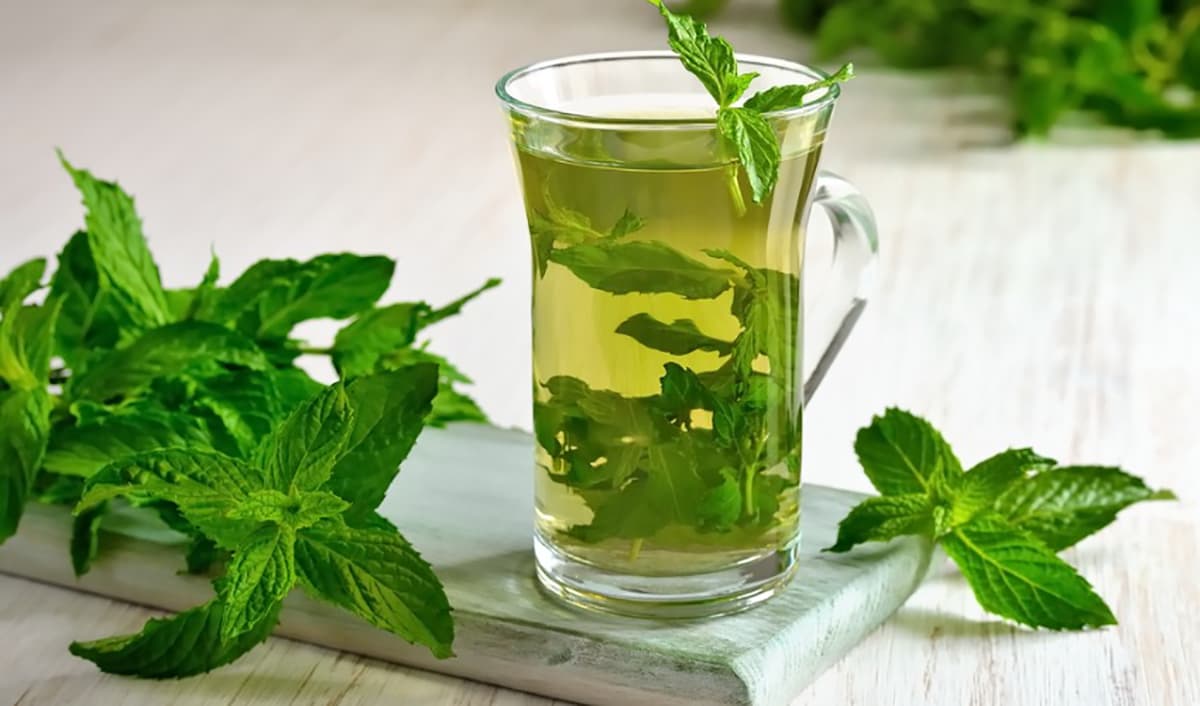
Next, the best choice for a healthy, low-FODMAP drink is green tea. As long as it’s consumed in moderation, green tea is still considered low-FODMAP and rich in antioxidants. Tea contains less caffeine than coffee, making it more gentle on sensitive stomachs.
The safe limit for green tea consumption is 1 to 2 cups per day to stay within the low-FODMAP range.
4. Lactose-Free Milk and Almond Milk
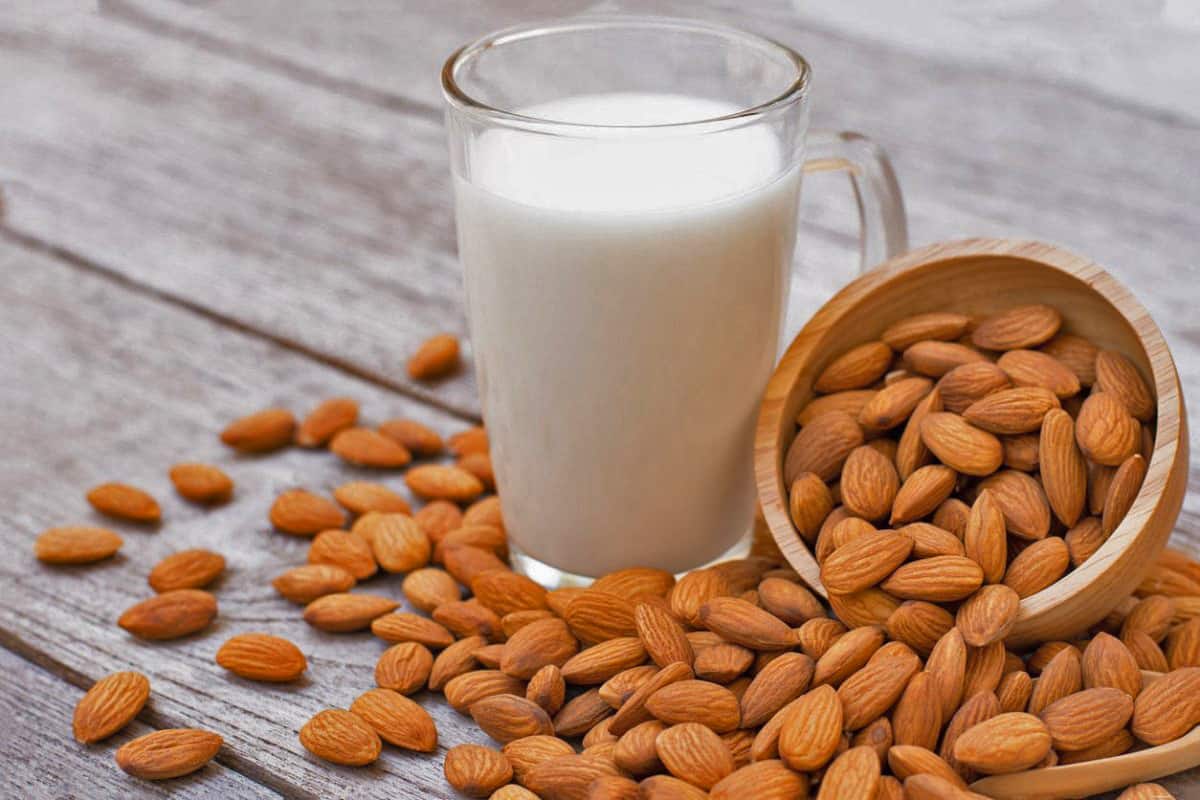
Lactose-free milk is a great option for a FODMAP diet. Another option is unsweetened almond milk. However, always check the label for added ingredients, as they can sometimes contain high-FODMAP ingredients like inulin.
5. Freshly Pressed Vegetable Juices
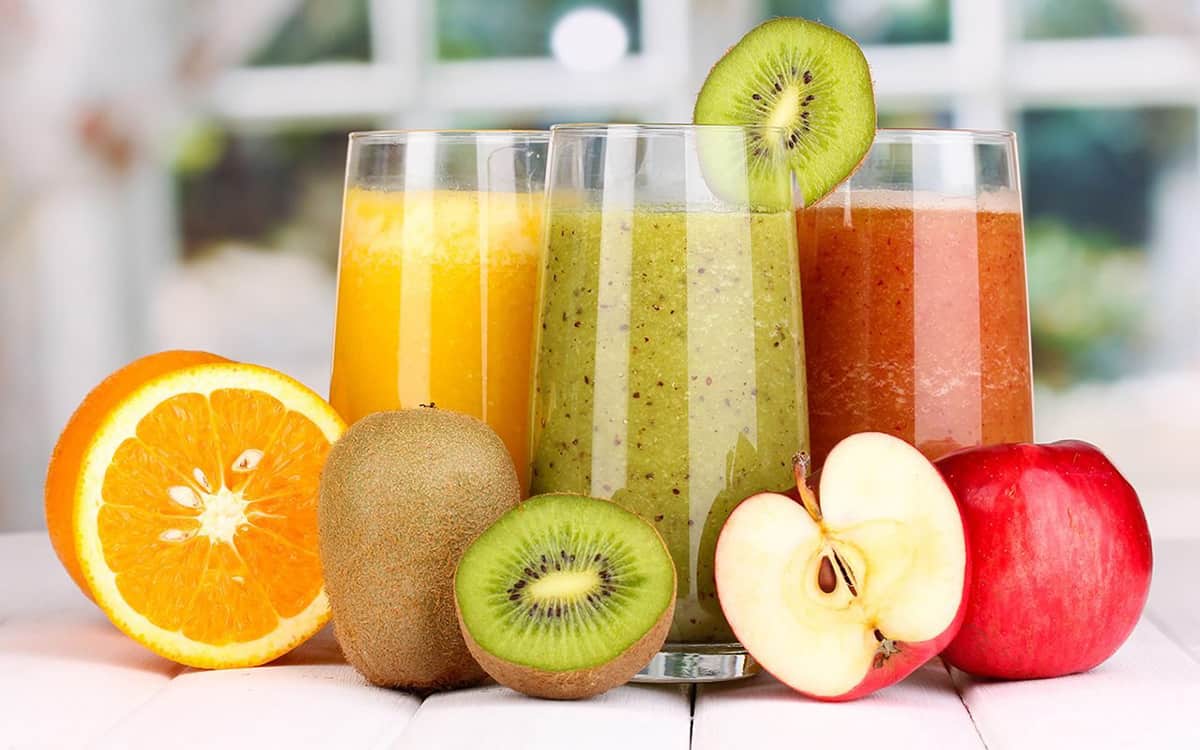
Another healthy, low-FODMAP drink is made from low-FODMAP vegetables like carrots, spinach, and cucumbers. This can be a refreshing and nutrient-rich beverage option. Always avoid high-FODMAP vegetables like celery and beetroot.
To make it easier to control your fructose intake, always consume small portions at first.
6. Coconut Water (Limited Quantity)
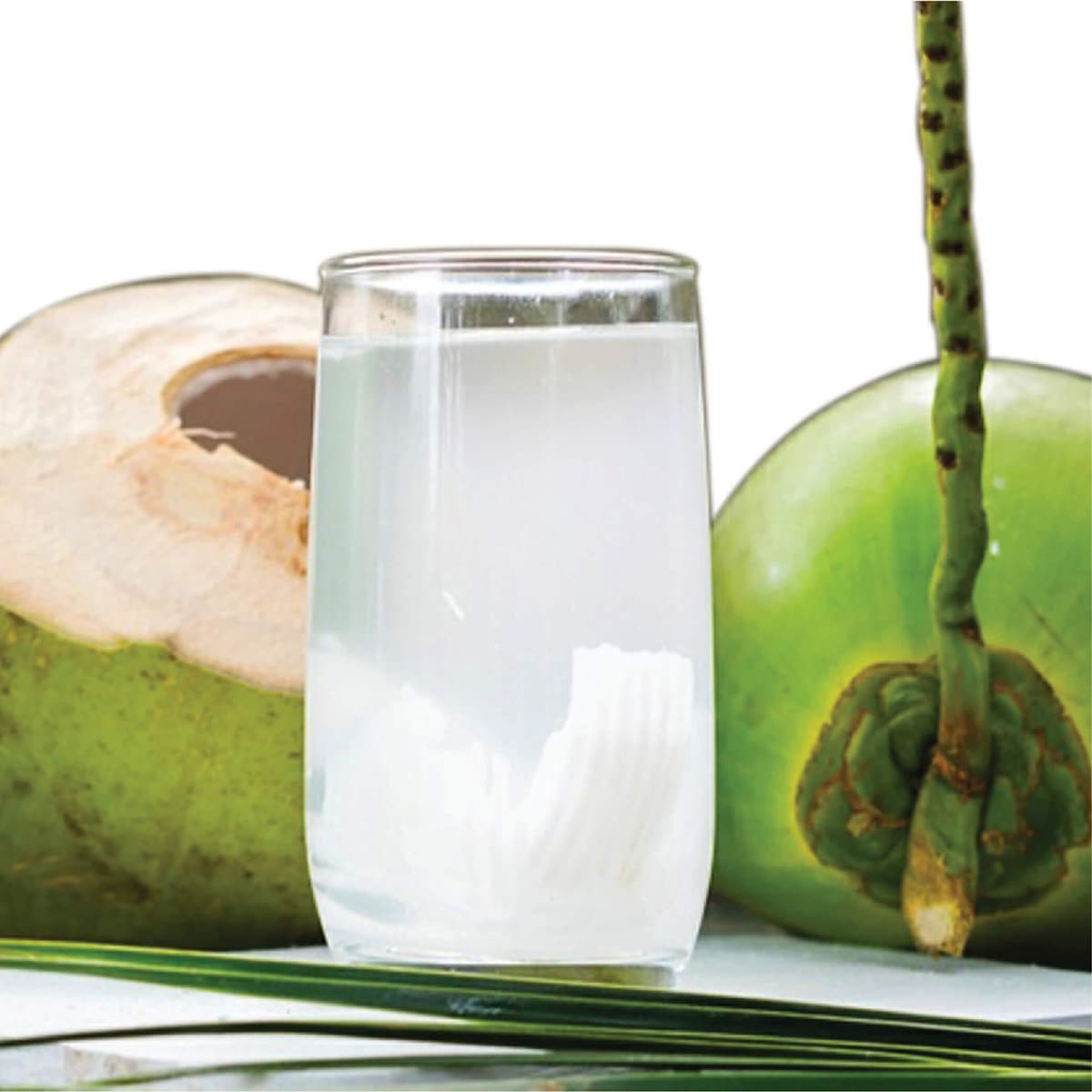
Pure coconut water without added sugars or other ingredients is low in FODMAPs. Drinking coconut water is an excellent way to maintain your fluid intake and replenish your electrolytes. However, be careful with your portion size. Consuming large amounts can increase FODMAP levels.
7. Coffee (Filtered, in Moderation)
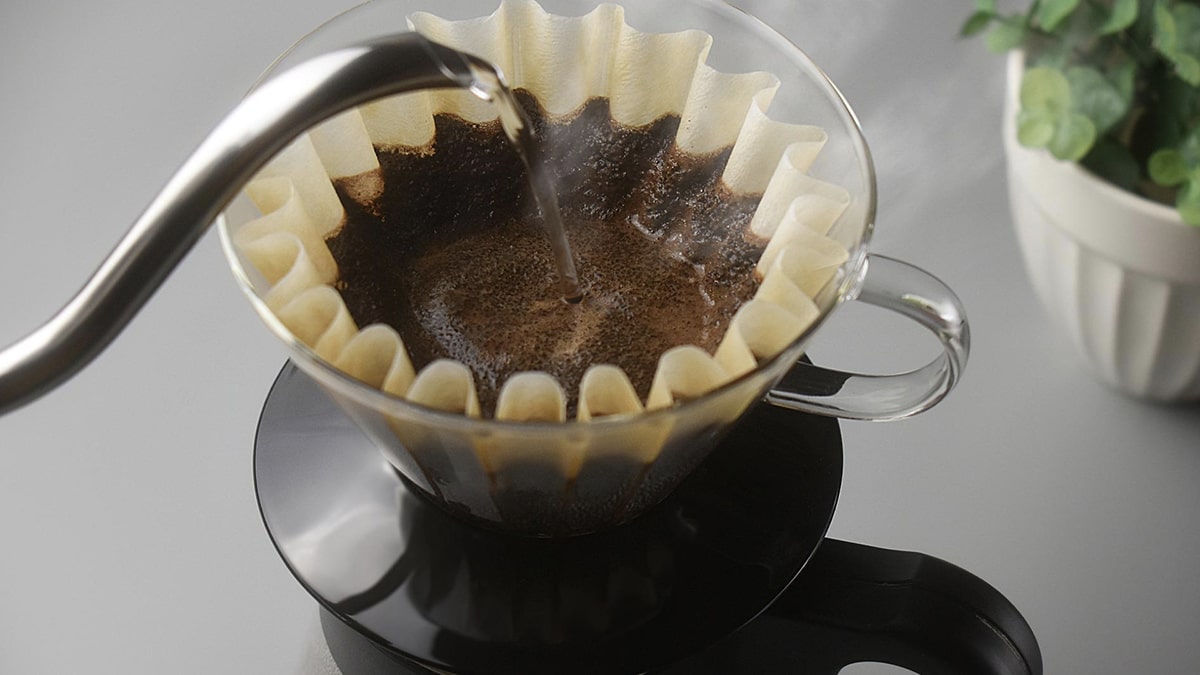
Coffee is a low-FODMAP beverage, but its caffeine content can stimulate the intestines. Try to choose filtered coffee and limit consumption to one cup per day. Avoid adding cream or sweeteners, as these can increase FODMAP levels.
8. Low-FODMAP Smoothies
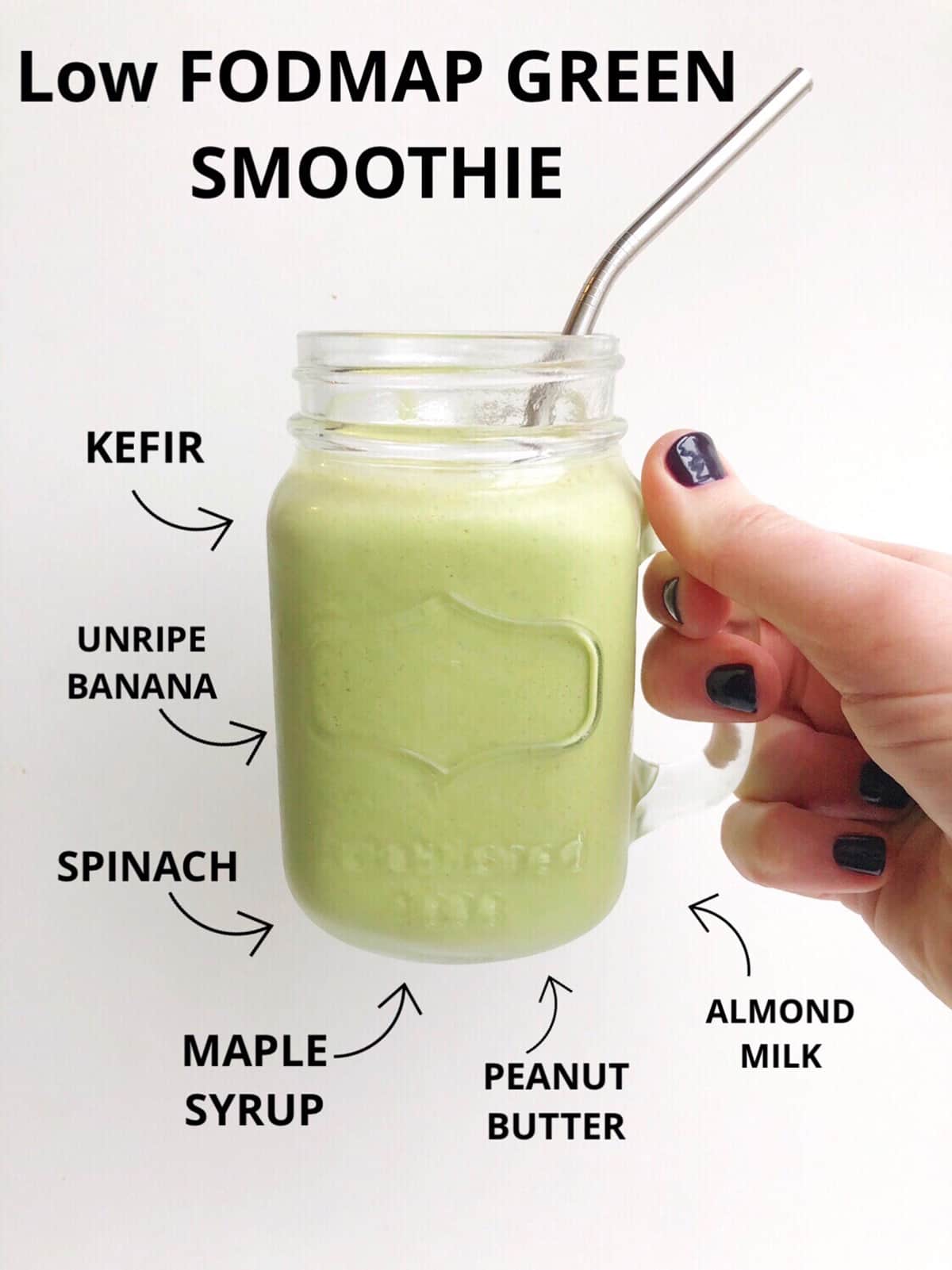
Among the list of healthy low-FODMAP drinks are smoothies made from low-FODMAP ingredients like blueberries, strawberries, and kiwifruit. You can add lactose-free yogurt or almond milk.
To get more fiber, add chia seeds, and avoid fruits with high FODMAP content like mangoes and apples.
9. Sparkling Water and Infused Seltzers
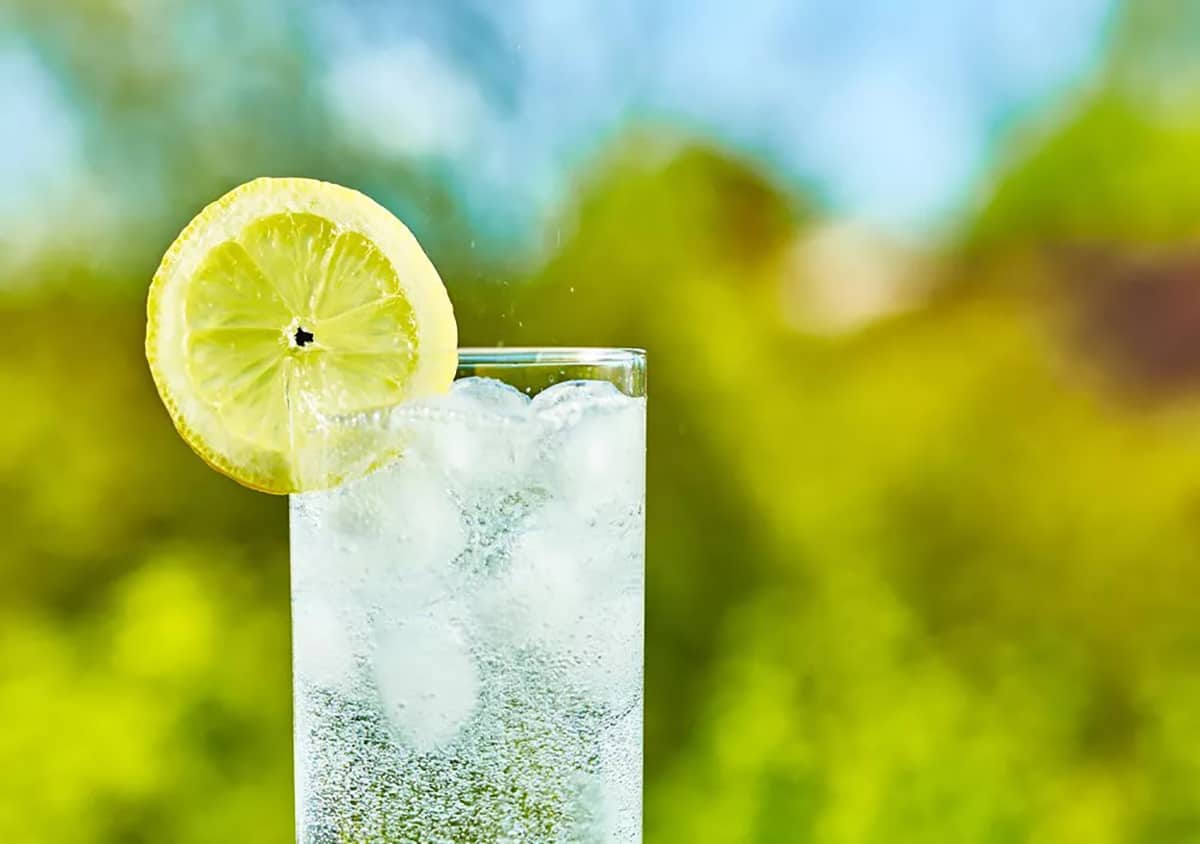
Plain sparkling water is FODMAP-friendly. For added flavor, choose seltzers infused with natural essences of low-FODMAP fruits. Make sure they don’t contain high-FODMAP sweeteners like sorbitol or mannitol.
10. Electrolyte Drinks (FODMAP-Certified)
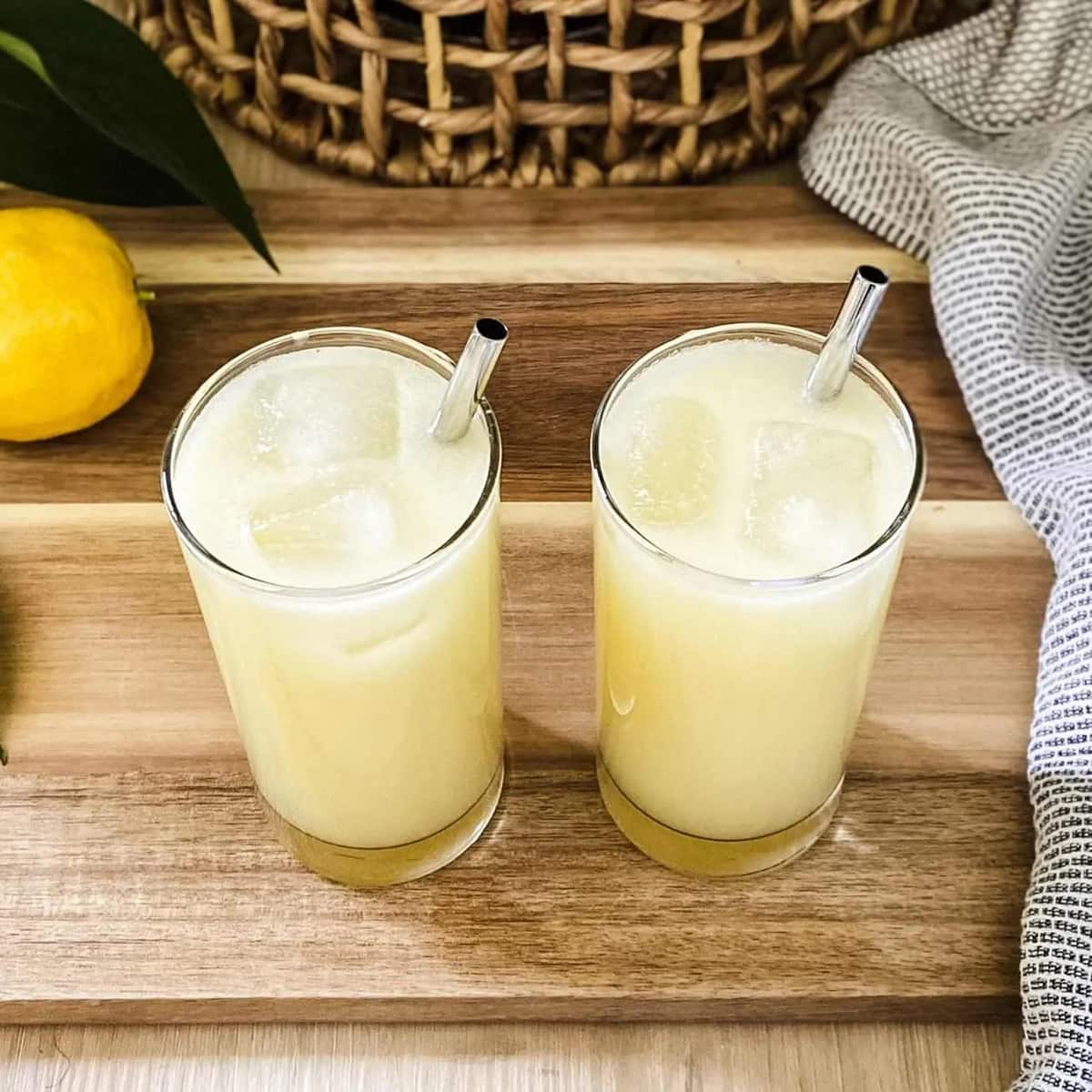
You can look for electrolyte powders or other instant drinks that are certified low-FODMAP. Some brands use gut-friendly electrolyte solutions that are free of high-FODMAP ingredients.
Drinks to Avoid on a Low-FODMAP Diet
There are several drinks you should avoid when following a low-FODMAP diet. These include:
- Pear juice, apple juice, and other fruit juices are high in fructose.
- Regular cow’s milk.
- Soft drinks sweetened with corn syrup.
- Kombucha (due to fermentation).
- Stamina drinks containing polyols (sorbitol, mannitol).
- Also, avoid alcoholic beverages such as rum, barley-based beer, and sweet wines.
Expert Tips for Choosing Low-FODMAP Drinks
- Don’t forget to read labels. Be cautious of drinks containing hidden FODMAPs, including inulin, chicory root, polyol-based sweeteners, and agave syrup.
- Pay attention to portions; some drinks are low-FODMAP in certain amounts.
- Optional for homemade drinks. Try preparing your own tea, infused water, and smoothies. This way, you can control the ingredients.
- Use Trusted Resources to find healthy low-FODMAP drinks. The Monash FODMAP app provides up-to-date information on the FODMAP content of food and drinks. [monashfodmap]
FAQs about Low FODMAP Drinks
Q: Is oat milk a low FODMAP drink?
Oat milk is low FODMAP if consumed in small portions (about 1/2 cup). The oligosaccharide content can increase FODMAP levels if consumed in larger amounts.
Q: Can I drink orange juice on a low FODMAP diet?
Yes, fresh orange juice is low FODMAP in a 1/2 cup serving. Avoid commercial juices, which often contain sweeteners, as they can increase FODMAP levels.
Q: Are flavored waters low FODMAP?
Yes, they may be, if no sweeteners are added. Always check the packaging and ensure there are no added polyols or other substances that can increase FODMAP levels.
More you like: Are Tomatoes Low FODMAP? Here’s What You Must Know Before Your Next Meal
Conclusion
Finding low FODMAP drinks doesn’t require restricting your intake. You can choose from a variety of beverages, such as infused water, herbal tea, and gut-friendly smoothies. The key is to prioritize drinks with whole ingredients, monitor your portions, and always get information from trusted sources.
If you have digestive issues or IBS, always consult a registered dietitian or healthcare provider before making any significant dietary changes.
References:
Monash University FODMAP Diet App. (2023). Retrieved from https://www.monashfodmap.com
Shepherd, S.J., & Gibson, P.R. (2006). Fructose malabsorption and symptoms of irritable bowel syndrome: guidelines for effective dietary management. Journal of the American Dietetic Association, 106(10), 1631-1639. https://doi.org/10.1016/j.jada.2006.02.010
IBS Dietitians Association. (2024). Retrieved from https://www.ibsdietitians.org

